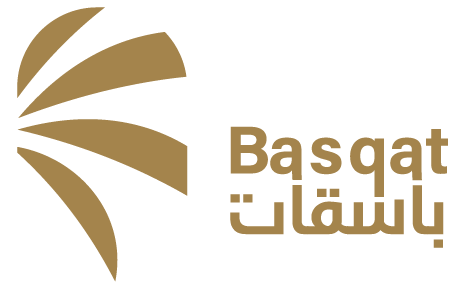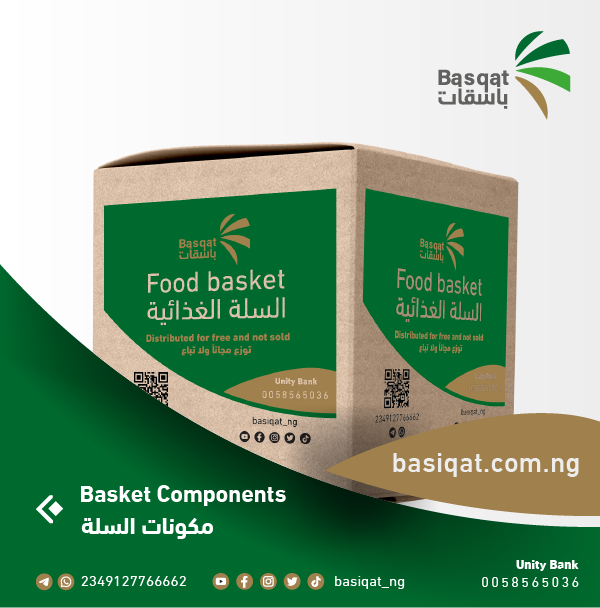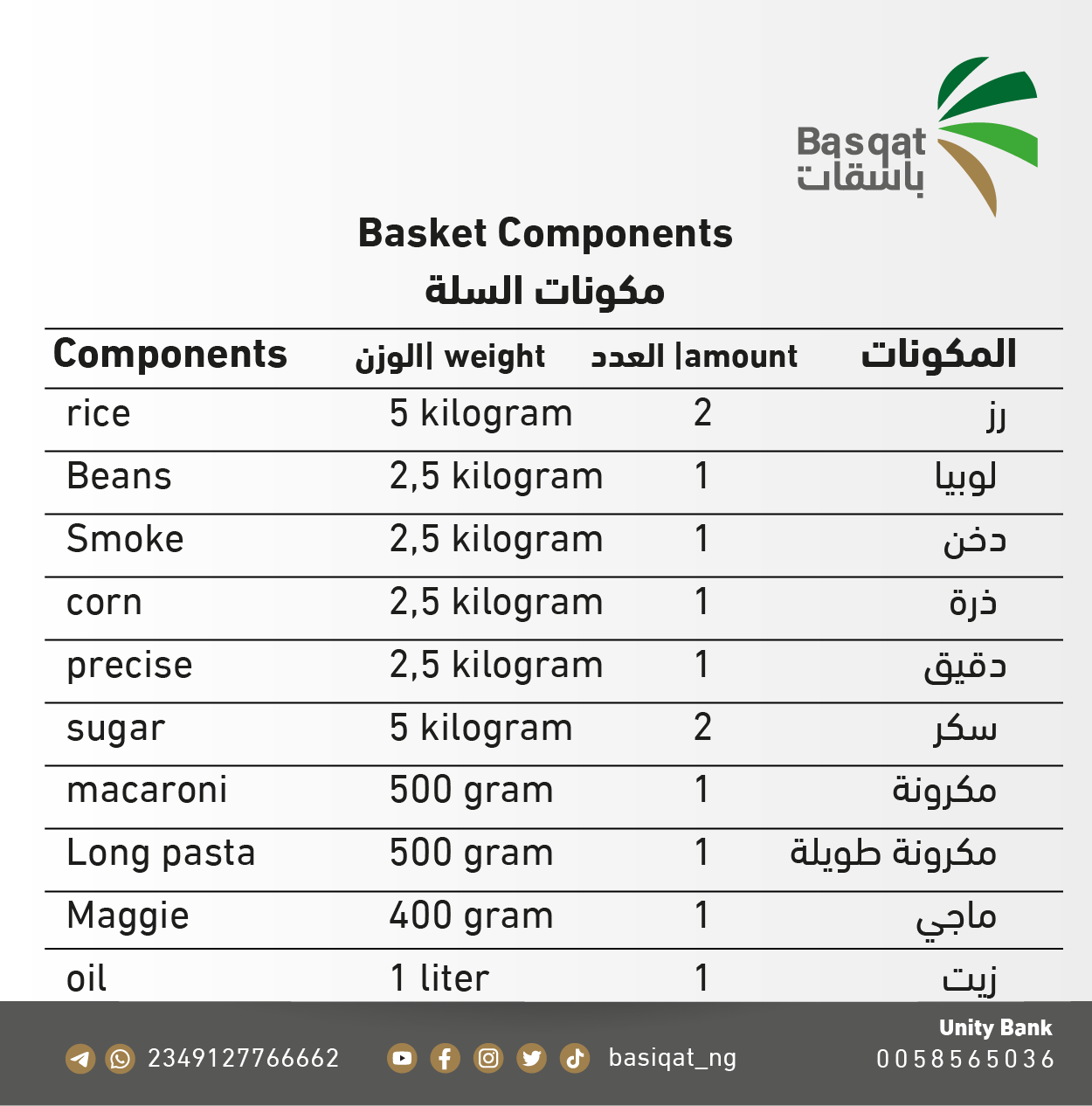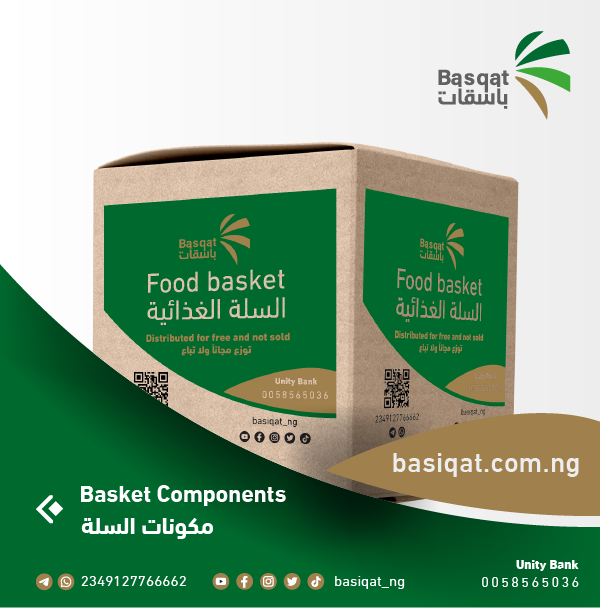
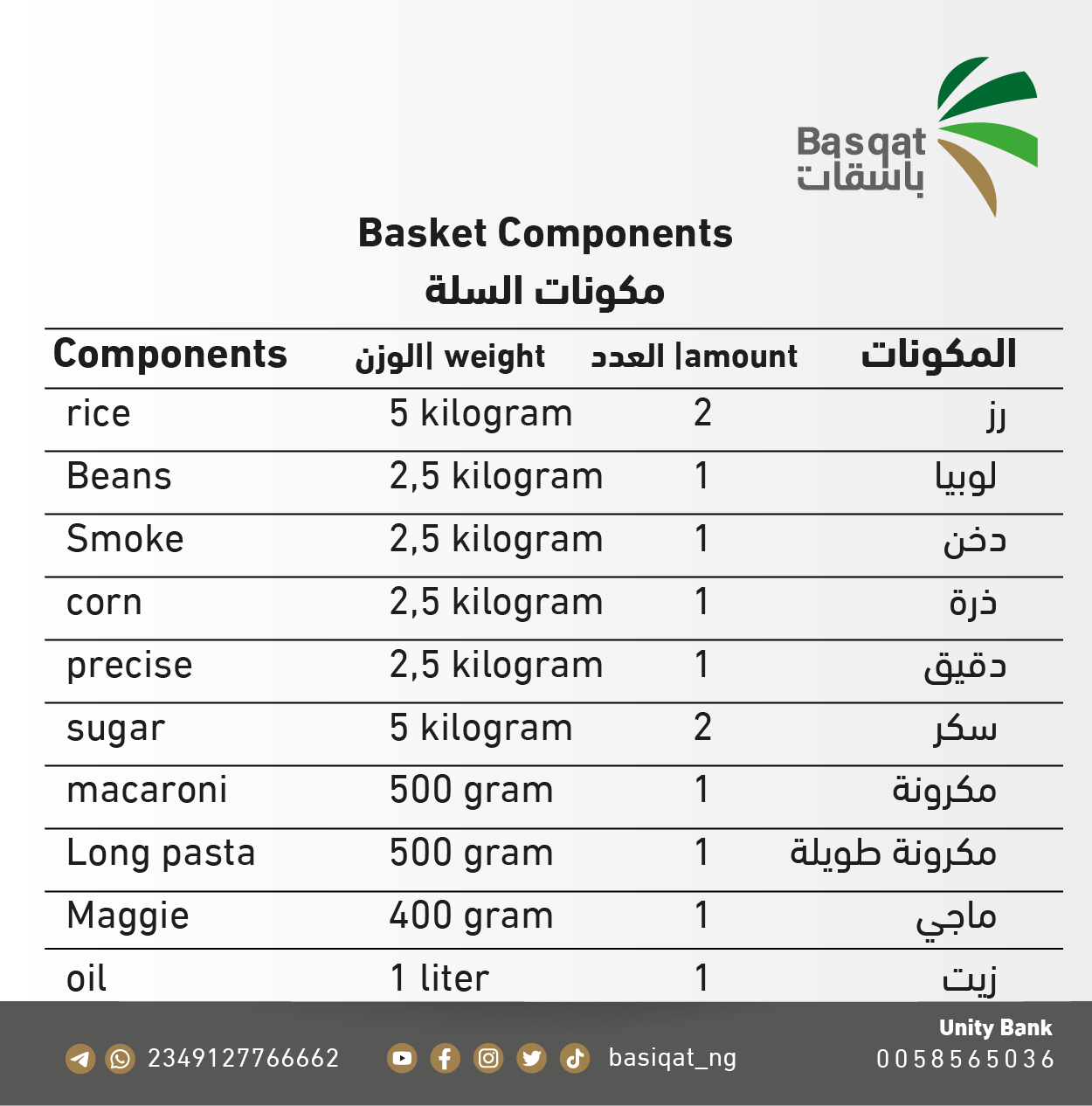
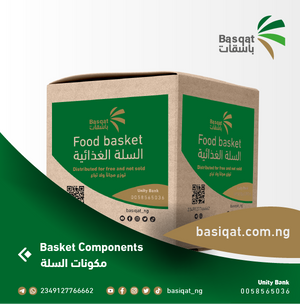
Ramadan food baskets are one of the most important aspects of social solidarity during the holy month of Ramadan. They are distributed to poor families, orphans, and widows to help alleviate their financial burdens and allow them to spend the month with dignity.
Benefits of Ramadan Food Baskets:
- Providing basic food: Food baskets help provide poor families with their basic food needs, such as rice, sugar, oil, flour, and others.
- Alleviating financial burdens: Food baskets help alleviate financial burdens on poor families, especially during Ramadan when their food needs increase.
- Promoting social solidarity: Food baskets promote social solidarity among community members and make those in need feel that there are people who care about them and share their joys.
- Bringing joy to the hearts of the needy: Food baskets bring joy to the hearts of the needy and make them feel happy and grateful.
Contents of Ramadan Food Baskets:
The contents of Ramadan food baskets vary from one place to another, but generally, they include the following basic food items:
- Rice • Lupia • Smoke • Corn • Flour • Sugar • Pasta • Long pasta • Maggie • Oil
Methods of Distributing Ramadan Food Baskets:
Ramadan food baskets are distributed to poor families, orphans, and widows through charities and humanitarian organizations, as well as individuals who want to help those in need.
Our Role in Distributing Ramadan Food Baskets:
We can all contribute to the distribution of Ramadan food baskets to those in need by:
- Donating money: Donating money to charities and humanitarian organizations that distribute food baskets.
- Volunteering: Volunteering with charities and humanitarian organizations to help distribute food baskets.
- Buying a food basket: Buying a food basket and distributing it to a poor family, orphan, or widow.
Conclusion:
Ramadan food baskets are a symbol of generosity and social solidarity, and they contribute to alleviating the suffering of poor families, orphans, and widows during the holy month of Ramadan.
